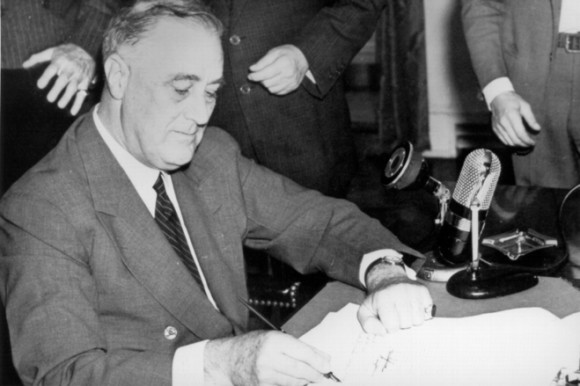The infographic above illustrates findings from a study by The Northeast Regional Center for Rural Development at Penn State on the effects of public investment in Land Grant University programs. Agricultural economists Stephan Goetz and Meri Davlasheridze found that agricultural research and Cooperative Extension programs helped more than 137,000 farmers stay on the farm between 1984 and 2010.
Goetz is director of the Northeast Center, as well as professor of agricultural and regional economics. Davlasheridze is assistant professor of marine sciences at Texas A&M at Galveston.
This graphic originally appeared on the Center’s site. You can view a larger version of it here.
Members of the news media interested in talking to Goetz should contact Kristen Devlin at krd111@psu.edu.



